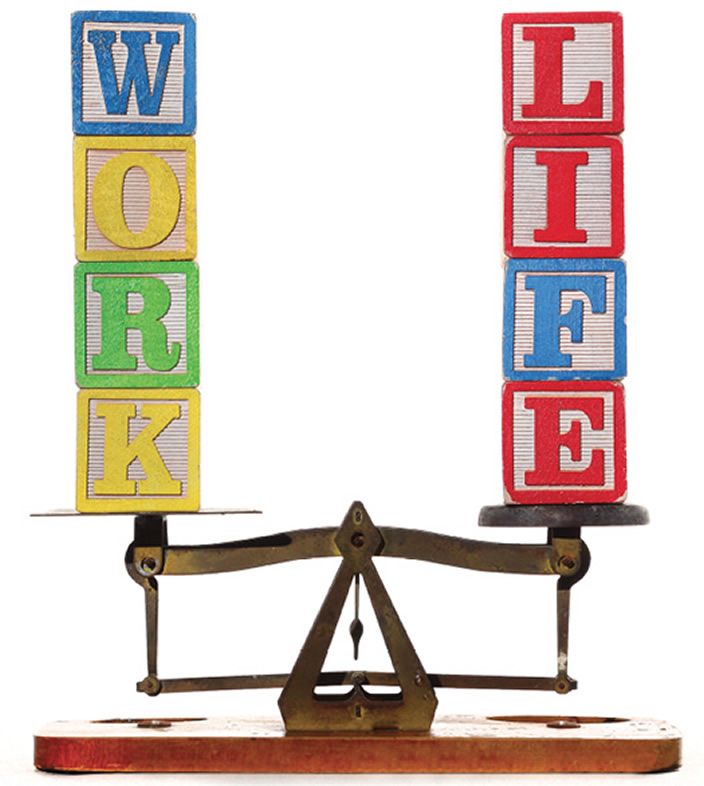
Improvements to workers’ conditions are only ever won through the struggle of union members and our collective engagement in the upcoming test case for family friendly arrangements will be no exception.
The Family Friendly Work Arrangements Test Case is a claim for a new modern award right to part time work/reduced hours to help working parents and working carers better balance their work and family commitments. The claim also includes a right to access personal leave for prenatal appointments.
Working carers are employees caring for a person with a disability, mental or physical illness or who is frail/aged, and working parents are employees caring for a child under school age.
This test case will revisit significant issues related to gender equality, job quality and the intersection of work, care and family in Australia for the first time in more than a decade.
Background
The ACTU is running this test case in the Fair Work Commission as part of the 2014 Four Yearly Review of Modern Awards, seeking variations to all modern awards with the exception of the Firefighting Industry Award 2010.
Test cases mounted by the ACTU between 1979 and 2005 have played a crucial role in establishing family friendly provisions in Australia, including unpaid parental leave and family/carers leave. The last family friendly test case was the 2005 Family Provisions Test Case, which gave us the right to request flexible working arrangements.
The Family Friendly Work Arrangements Test Case will review the effectiveness of the right to request and seek to strengthen employee rights in light of changes to the nature of families, workforce composition and caring responsibilities in Australia.
Important to everyone
The federal modern awards set the ‘basic safety net’ for employment conditions.
Any enhancements to the modern award ‘safety net’ must ultimately be reflected in enterprise agreements. Enterprise agreements must be able to meet the ‘better off overall test’ against the relevant modern award. Therefore, a success in the modern awards’ case is a success for all IEU members.
Key issues
Recent decades have seen profound changes in the Australian workforce. The majority of Australian families rely on two incomes and many employees juggle unpaid caring work with paid work. Work life interference is an ongoing and serious challenge.
Both men and women should have access to secure, good quality flexible working arrangements. However, workplace practices and laws have not kept pace with the realities of modern life. Workers currently only have a right to request flexible working arrangements. Employers can refuse and employees have no rights to appeal. As a result, the right to request has not substantially impacted on flexibility in Australian workplaces.
This has a number of negative consequences for employees, employers and the Australian economy:
1. Australians work some of the longest full time hours in the OECD and Australia is one of the most unequal countries with respect to men’s and women’s sharing of unpaid domestic and care work.
2. In order to accommodate their caring responsibilities, many women are forced to either drop out of the paid workforce altogether or work fewer hours in poorer quality jobs. Female labour force participation in Australia falls below the OECD average for mothers of young children. Female employment in Australia is overwhelmingly characterised by part time or casual work.
3. One in two mothers, and one in four fathers, report experiencing discrimination related to parental leave and return to work.
4. A significant number of men desire greater access to flexible work arrangements than they currently have, especially young fathers.
We are currently in the process of case planning and identifying our witnesses. This is a most important campaign for workers and their families and the IEUA is making a significant contribution to the test case both in identifying and taking witness statements and also providing an expert industrial officer to the ACTU to assist with the workload.
This is what unions do and we look forward to your support and active engagement as we enter the campaign phase of this process in coming months.
Contact: bedrock@ieu.asn.au


































































































































